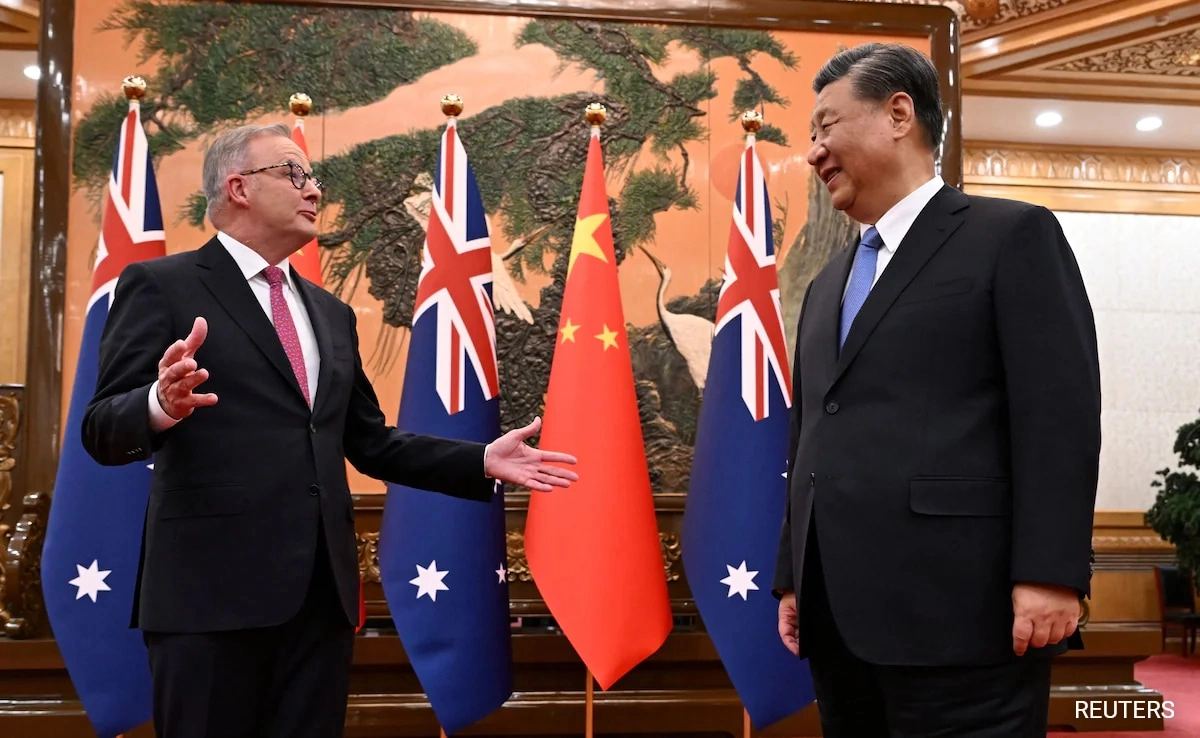In recent geopolitical developments, China has presented a formal proposal to Australia amidst escalating tensions between Beijing and Washington. This move comes as part of a broader strategy by China to strengthen its diplomatic ties and economic interests in the region, particularly in the context of its ongoing rivalry with the United States. The proposal reportedly included various aspects aimed at enhancing bilateral cooperation, trade agreements, and regional security discussions, reflecting China’s desire to foster a more amicable relationship with Australia despite the prevailing tensions.
However, Australia’s response to China’s overtures has been one of rejection, emphasizing its commitment to maintaining strong ties with the United States. This decision underscores Australia’s strategic positioning as a key ally of the U.S. in the Asia-Pacific region, particularly in light of shared concerns regarding China’s increasing assertiveness and influence. The Australian government has reiterated its stance on upholding democratic values and security interests, which it perceives as being at odds with China’s growing ambitions. As such, the rejection of China’s proposal highlights the ongoing complexities surrounding diplomatic engagements in a multipolar world.
The implications of this rejection are multifaceted, affecting not only Australia-China relations but also the broader dynamics of regional security and economic cooperation. As both nations navigate their respective interests, the potential for misunderstandings and escalations remains high. China’s proposal, although rebuffed, signals its intent to remain an active player in regional diplomacy, while Australia’s firm stance indicates a commitment to its alliances and strategic partnerships. The ongoing tensions between China and the U.S. further complicate this landscape, as Australia finds itself caught between the competing influences of these two major powers. Ultimately, the rejection of China’s proposal may mark a significant moment in the evolving narrative of international relations in the Asia-Pacific region, as countries like Australia grapple with the challenges of balancing diplomacy with national security concerns.




